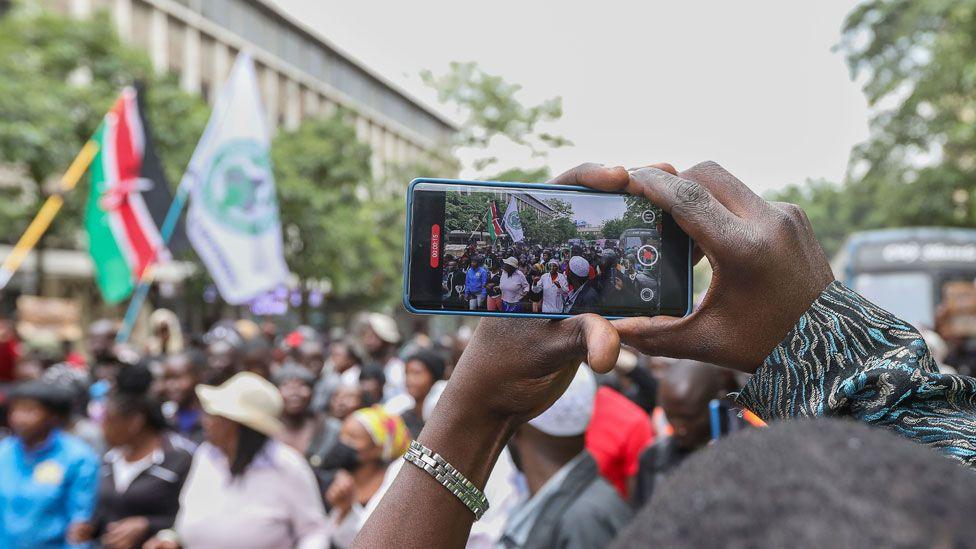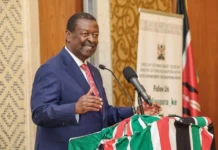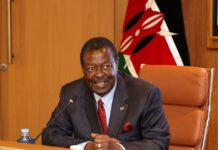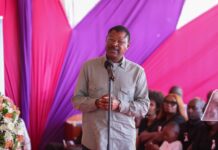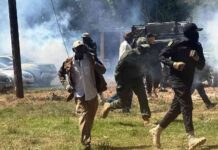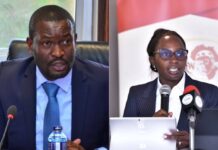Kenya’s government has unveiled new, highly restrictive rules aimed at regulating live media broadcasts, sparking widespread debate over press freedom and government control.
The proposals, which critics describe as draconian, seek to impose strict penalties on media outlets for broadcasting content deemed harmful or inciting violence.
ICT Cabinet Secretary William Kabogo defended the recent shutdown of major media houses, including halting livestreams of the June 25th protests.
He claimed the move was necessary to protect children from witnessing violence, injuries, and destruction of property on live TV. “The violence being aired was alarming, especially during the watershed period when children are watching,” Kabogo said.
However, the move drew criticism from lawmakers and media stakeholders. MPs like Robert Mbui and Anthony Oluoch questioned the legality of the directive, urging clearer legislative guidelines to prevent arbitrary shutdowns.
“There should be clear circumstances where live streams can be stopped,” Oluoch emphasized.
Proposed amendments to the Media Council Act include a requirement for broadcasters to introduce a minimum seven-second delay in live feeds a standard, according to Media Council CEO David Omwoyo, used internationally to allow editors to prevent the broadcast of potentially harmful content.
The draft law also proposes heavy penalties—fines up to Ksh.1 million or jail terms for violations, including responsibility for hate speech and incitement.
Critics argue these measures could undermine press freedom, with some fearing government censorship. Meanwhile, the government has announced plans to rework the legislation before enforcement.









